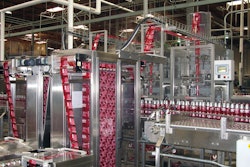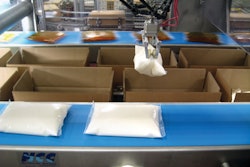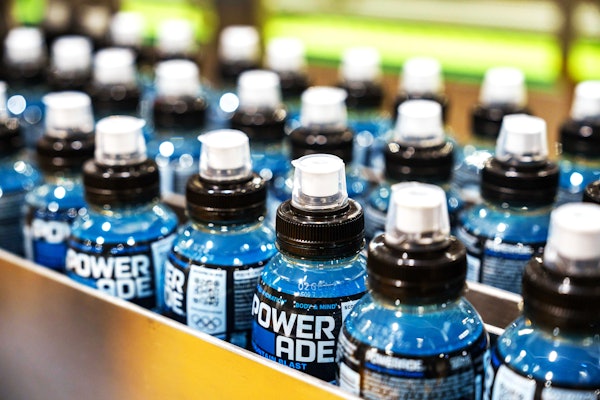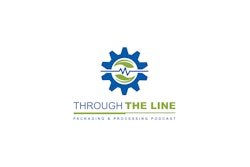
Packaging World:
For years, we’ve heard about the potential loss of knowledgeable packaging pros as seasoned veterans near or reach retirement age. How serious is this issue and what’s the best way to tap into the knowledge of experts before they retire?
Ed Smith:
One way is to delay full-time retirement for as long possible. Why should anyone retire if they are healthy and happy with their profession? Of course we realize that with company mergers, retirement packages, incentives, and the like, “seasoned veterans” will leave their current corporate positions. The opportunity to continue to share their knowledge and experience exists with opportunities such as new full-time positions with small and start-up companies that need specific skills, [as well as] consulting, teaching, and participation in pharmaceutical industry conferences.
What are the limitations or weaknesses in the skill sets of workers entering the packaging field? How could those skills be improved?
Learning is a lifetime activity and most of what we will learn in our professional life will be from experience. Colleges and universities should and do provide some of that experience. In my experience, current graduates are very bright and universities seem to be on track in preparing young men and women for their careers by teaching the fundamentals of their professions and, most important, by teaching them how to learn. University programs that include industrial internships produce graduates that are most able to “hit the ground running” in new jobs since they already have experience and knowledge of important corporate skills such as teamwork and communication. I am sorry to learn that some companies, due to current economic issues, have reduced the numbers of interns that they accept. The pharmaceutical industry must partner with universities in the training of future employees, not just be the receiver of graduates.
Do younger people growing up with more sophisticated technology have an advantage understanding how to make packaging equipment work more efficiently?
Current graduates are more skilled in electronics and automation. They have grown up with automation and expect it. There are two elements of good control and automation: “what” to control and automate and “how.” Recent graduates have more knowledge of the “how,” but need experience to determine the “what.” The other issue is validation of equipment, a subject in which most recent graduates are not sufficiently knowledgeable.
How do current packaging pros best keep pace with the challenges brought about by all the advances in medical science, such as combination products, biologics, etc?
In addition to keeping up with the literature via journals, books, magazines, literature from suppliers and manufacturers, attendance at industry meetings, and courses, I believe that participation in industry task forces or similar groups is the single-best way to keep current. These groups expose professionals to the best (and worst!) ideas in use by their industry peers. Participants benefit not only themselves but also their company; belonging to a task force is one of the most efficient training methods for both the employee and employer. For me, the opportunities offered by the PDA have been invaluable in developing my career. There are similar groups that will suit individuals with different interests.

























